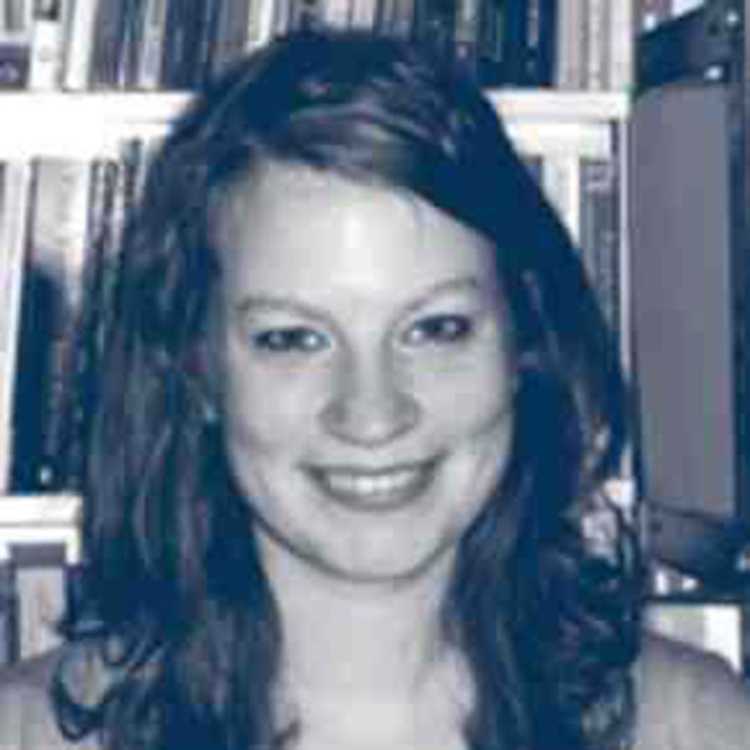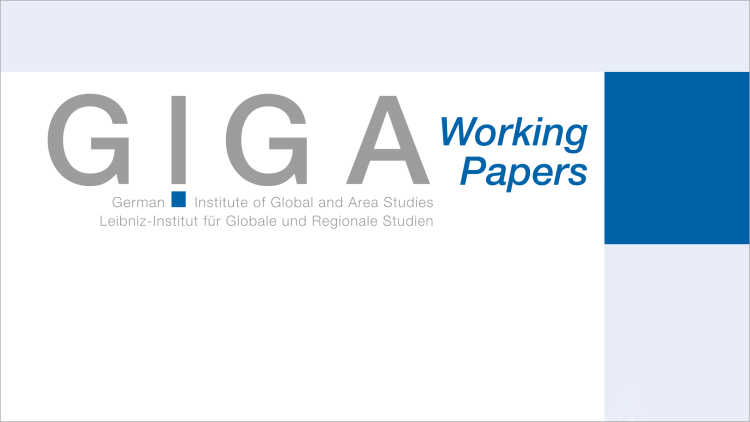- Startseite
- Publikationen
- GIGA Focus
- South Sudan’s Newest War: When Two Old Men Divide a Nation
GIGA Focus International Edition English
South Sudan’s Newest War: When Two Old Men Divide a Nation
Nummer 2 | 2014 | ISSN: 2196-3940
A political power struggle between South Sudanese president Salva Kiir and former vice president Riek Machar resulted in violent clashes between ethnic army factions in December 2013. Since then fighting has spread across South Sudan and claimed the lives of around 10,000 people.
Analysis South Sudan has experienced several insurgencies since gaining independence in 2011. Nevertheless, the current war has the potential to be more destructive to the country than previous ones because both parties – President Salva Kiir, an ethnic Dinka, and his opponent, former vice president Riek Machar, an ethnic Nuer – are instrumentalizing ethnic identities and pulling their communities into their personal feud.
A number of latent issues have contributed to the current crisis. These include South Sudan’s dysfunctional political system and inadequate political leadership, the historical distrust between the Dinka and the Nuer, and the country’s unhealthy dependence on oil rents.
The civilian population is carrying the cost of the conflict. More than 10,000 people have been killed and more than one million displaced since the outbreak of the latest violence. Livelihoods have been destroyed and more than 3.7 million people, approximately a third of the population, are estimated to be at risk of food insecurity.
The short- and long-term economic consequences for South Sudan are harsh. Oil production has dropped by 40 percent, severely affecting the state’s budget. Trade has suffered. In the long run, political instability will jeopardize foreign direct investment in South Sudan.
The international community’s reaction has been varied: Neighboring countries have supported the government diplomatically and militarily, while the United States and the European Union plan to impose sanctions on the leaders of both sides of the conflict. China has taken an active role in the ongoing peace process.
Fußnoten
Regionalinstitute
Forschungsschwerpunkte
Wie man diesen Artikel zitiert
Koos, Carlo, und Thea Gutschke (2014), South Sudan’s Newest War: When Two Old Men Divide a Nation, GIGA Focus International Edition English, 2, Hamburg: German Institute for Global and Area Studies (GIGA), http://nbn-resolving.de/urn:nbn:de:0168-ssoar-388225
Impressum
Der GIGA Focus ist eine Open-Access-Publikation. Sie kann kostenfrei im Internet gelesen und heruntergeladen werden unter www.giga-hamburg.de/de/publikationen/giga-focus und darf gemäß den Bedingungen der Creative-Commons-Lizenz Attribution-No Derivative Works 3.0 frei vervielfältigt, verbreitet und öffentlich zugänglich gemacht werden. Dies umfasst insbesondere: korrekte Angabe der Erstveröffentlichung als GIGA Focus, keine Bearbeitung oder Kürzung.
Das German Institute for Global and Area Studies (GIGA) – Leibniz-Institut für Globale und Regionale Studien in Hamburg gibt Focus-Reihen zu Afrika, Asien, Lateinamerika, Nahost und zu globalen Fragen heraus. Der GIGA Focus wird vom GIGA redaktionell gestaltet. Die vertretenen Auffassungen stellen die der Autorinnen und Autoren und nicht unbedingt die des Instituts dar. Die Verfassenden sind für den Inhalt ihrer Beiträge verantwortlich. Irrtümer und Auslassungen bleiben vorbehalten. Das GIGA und die Autorinnen und Autoren haften nicht für Richtigkeit und Vollständigkeit oder für Konsequenzen, die sich aus der Nutzung der bereitgestellten Informationen ergeben.






